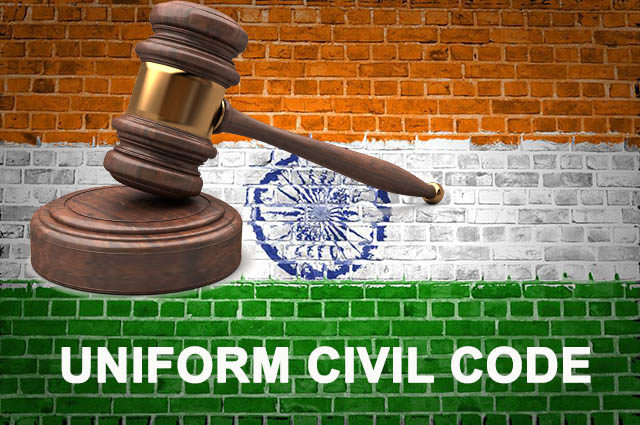India is a strange land…with many paradoxes and contradictions. In fact, if you were to take a look at our Constitution itself, you would notice many such strange contrarian positions within the folds of its myriad pages. In fact, it often makes me wonder: Are we really such a confused race or do we just like our things a little contrarian?!? [Note: In fact, our wonderfully amusing Constitution and our culture sometimes remind me of the popular nursery rhyme: ‘Mary, Mary, Quite Contrary’.]
Don’t believe me?!?
Take a simple case in point: ’Are we unitary or federal in our structure’? Well, if you have studied your civics well, you know that our Constitution contains enough provisions that ensures that we are both federal as well as unitary…we change our stance to suit the situation. That, in fact, is one of the many unique (and “contrarian”) features of the Indian Constitution, one that truly makes the Indian Constitution unique. (Although, I sometimes wonder if this strange ability of the Constitution to morph itself…is a good thing or a bad thing…in the first place!)
In addition, even though we are a democracy, we allow religion and religious doctrines to rule the lives of common people. Which once again makes me wonder: “Are we a democracy or a theocracy, for crying out loud!” This is especially bizarre, given the fact that we conspicuously call ourselves a “secular” country where every citizen has been bestowed equal rights as per the Constitution! Now, that has got to be the weirdest contradiction inherent in our Constitution.
Of course, that isn’t all! What is weird about the whole thing is that we are neither completely democratic nor are we completely theological. On the one hand, we allow ourselves to become theocratic by allowing religion and religious doctrines to shape our civil lives, yet we are strangely non-theocratic when it comes to criminal conduct.
Note to the reader: Sometimes I do wonder if those men who are currently screaming hoarse — demanding their religiously-protected right to polygamy and Talaq-e-Bidat — would also favour the application of their religious laws to criminal conduct too, which demands an ‘eye for an eye’! Honestly, I am sure there they would be crying hoarse in support of democracy.
Which is what brings me to these curious contradictions common to this country?!? While on the one hand, we are okay being a democracy and shaping our laws accordingly as and when it suits us; at other times, we have no qualms in pretending to be a democracy while theocratic laws govern the civil lives of our people. Where is the fundamental right to equality that was enshrined in our country?

How can we be a true democracy and a secular country if religion (and any religion for that matter) is allowed to interfere with the rights of the common citizenry? To be honest, this is what lies at the heart of this debate concerning the Uniform Civil Code. A simple question, therefore, arises is: “Why are we drawing inspiration from the contrarian Mary? Why have we chosen to be the literal embodiment and personification of ‘Opposium totalis’! Now that’s just absurd!!































